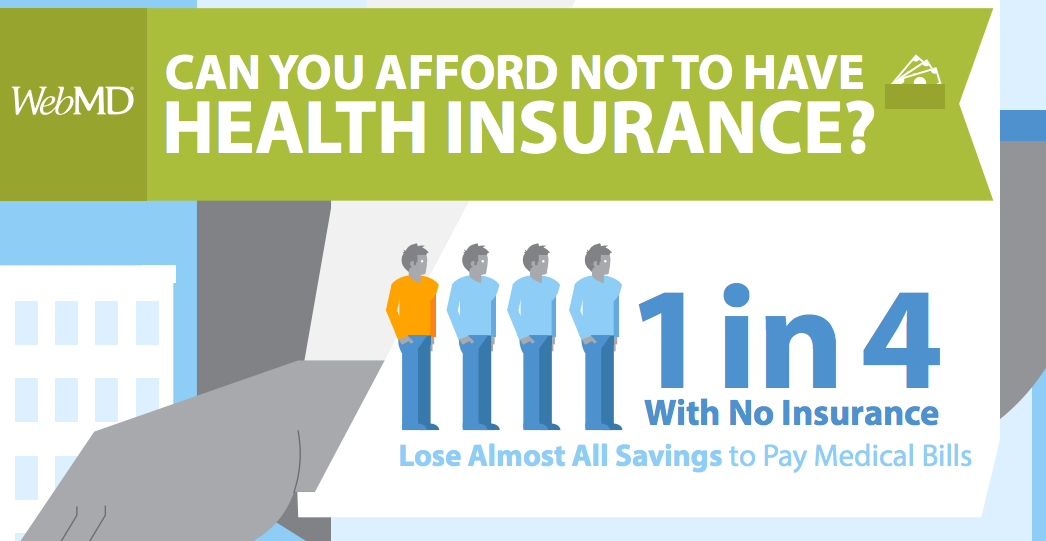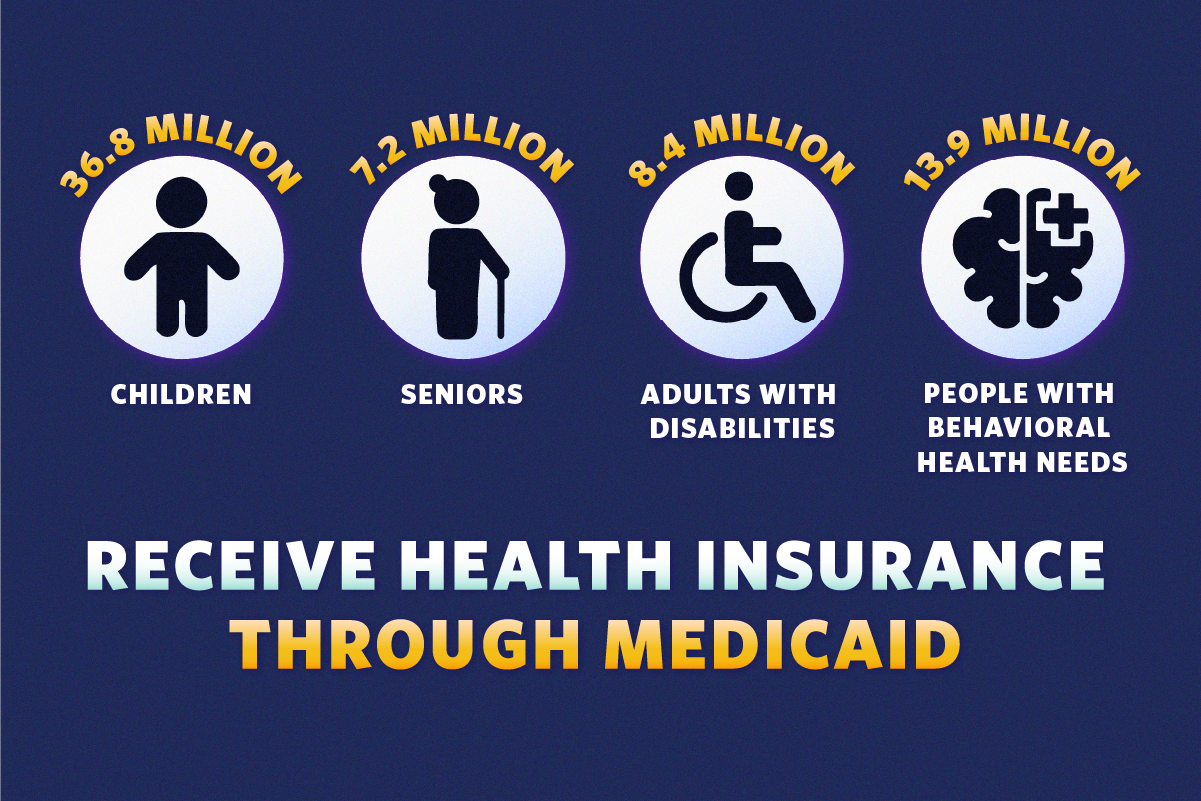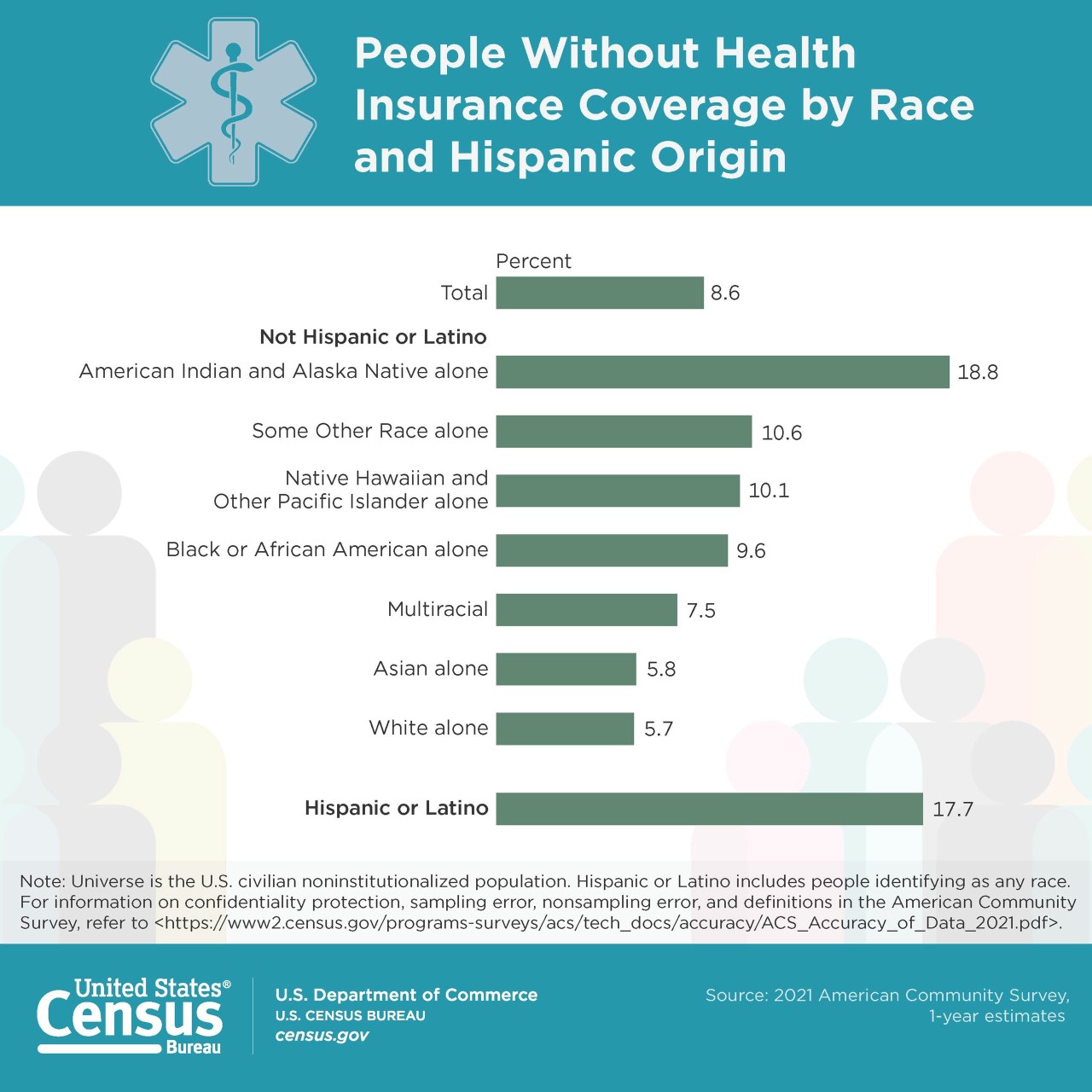Is It Illegal To Be Without Health Insurance

The specter of financial ruin due to medical debt looms large for many Americans, raising a crucial question: Is it illegal to be without health insurance? The answer, once a simple "no" following the repeal of the individual mandate penalty, has become nuanced by state-level actions and ongoing debates about healthcare access.
This article delves into the current legal landscape surrounding health insurance coverage in the United States. We explore the implications of the Affordable Care Act (ACA), state-level mandates, and the broader societal conversation about healthcare as a right versus a privilege.
The Federal Landscape: ACA and the Individual Mandate
The Affordable Care Act (ACA), also known as Obamacare, fundamentally reshaped the American healthcare system. A key provision was the individual mandate, which required most individuals to have health insurance or face a tax penalty.
However, the 2017 Tax Cuts and Jobs Act effectively repealed the individual mandate penalty, starting in 2019. This meant that at the federal level, there was no longer a financial consequence for being uninsured.
Officially, the federal government does not penalize individuals for lacking health insurance. This shift significantly altered the incentive structure surrounding coverage.
State-Level Action: Filling the Gap?
Following the repeal of the federal mandate penalty, some states took action to encourage health insurance coverage within their borders. These efforts often include state-level individual mandates or other mechanisms to incentivize enrollment.
For example, Massachusetts, which had a health insurance mandate prior to the ACA, maintains its own requirement. Similarly, New Jersey and the District of Columbia have enacted their own individual mandates.
These state-level mandates typically involve a penalty for not having qualifying health insurance coverage, though the specific details vary. The penalties and enforcement mechanisms differ significantly from state to state.
Arguments for and Against Mandates
Proponents of individual mandates argue that they help to ensure a broader risk pool, which lowers premiums for everyone. When more people are insured, including healthy individuals, the cost of healthcare is spread more evenly.
Mandates also aim to reduce the burden of uncompensated care on hospitals and healthcare providers. When uninsured individuals receive care, the costs are often passed on to insured patients through higher prices.
Conversely, opponents of mandates argue that they infringe on individual liberty and can disproportionately affect low-income individuals. They believe that individuals should have the freedom to choose whether or not to purchase health insurance.
Concerns are also raised about the affordability of health insurance, even with subsidies available through the ACA marketplaces. Many individuals still find it difficult to afford coverage, even with financial assistance.
The Impact of Being Uninsured
While not universally illegal, being uninsured can have serious consequences for individuals and families. Uninsured individuals are more likely to forgo preventive care and delay seeking treatment for illnesses or injuries.
This can lead to more serious health problems and higher healthcare costs in the long run. A single medical emergency can quickly lead to overwhelming debt for uninsured individuals.
Furthermore, studies have shown that uninsured individuals have poorer health outcomes compared to those with insurance coverage. Access to timely and appropriate medical care is crucial for maintaining health and well-being.
Looking Ahead: The Future of Healthcare Access
The debate over healthcare access and affordability is likely to continue in the United States. Proposals for universal healthcare, expanding the ACA, and other reforms are constantly being discussed at the federal and state levels.
The future of health insurance mandates remains uncertain. Changes in federal or state policies could significantly impact the legal landscape and the number of uninsured individuals.
Ultimately, the question of whether or not it is "illegal" to be uninsured is less important than ensuring that all Americans have access to affordable and quality healthcare. The ongoing conversation is not just about legality, but about the moral imperative to provide healthcare as a fundamental right.


















